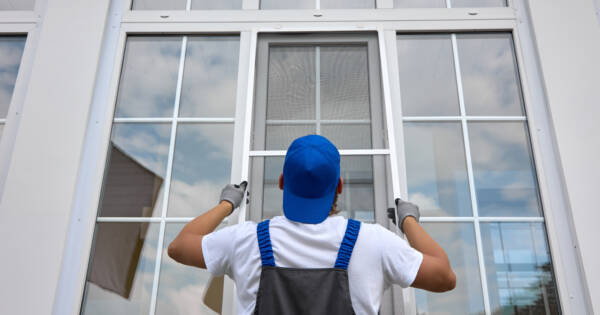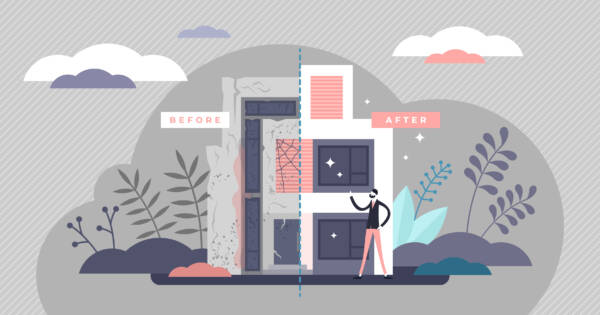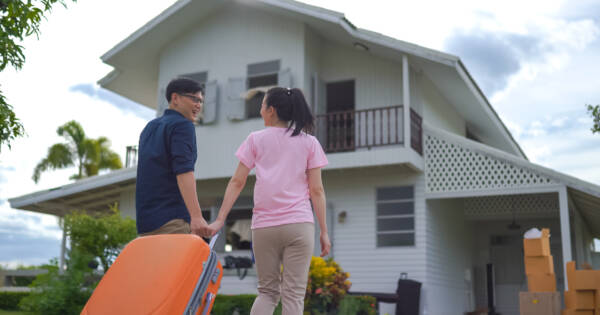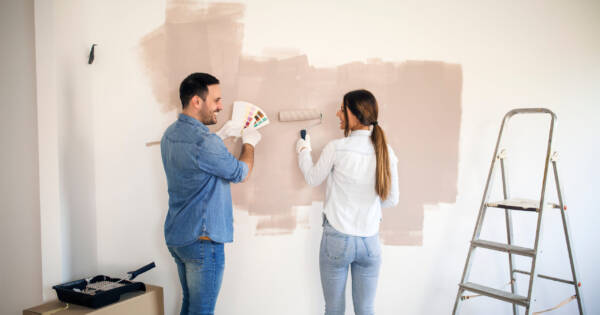When you’re going through the challenges of purchasing a home, the last thing you want to do is shell out additional funds voluntarily. Home inspections may be optional, but you certainly don’t want to skimp on getting one.
A professional inspector can save you thousands of dollars in unplanned repairs. But if you’re on the fence about procuring this service, here’s an overview of what it can cost.
Home Inspections, Simplified
A common inspection is arranged by the prospective buyer of a house after the seller accepts an offer. The inspector is an independent third party, who’s trained to examine a house from top to bottom.
Inspectors visually evaluate structural elements of the house, including floors, ceilings, walls, windows, doors, and the basement. They’re also equipped to check interior plumbing, insulation, electrical systems, heating and air conditioning systems.
A special inspection, on the other hand, is requested by the homeowner when they are concerned about one area of their residence. We’ll discuss both common and special inspections below.
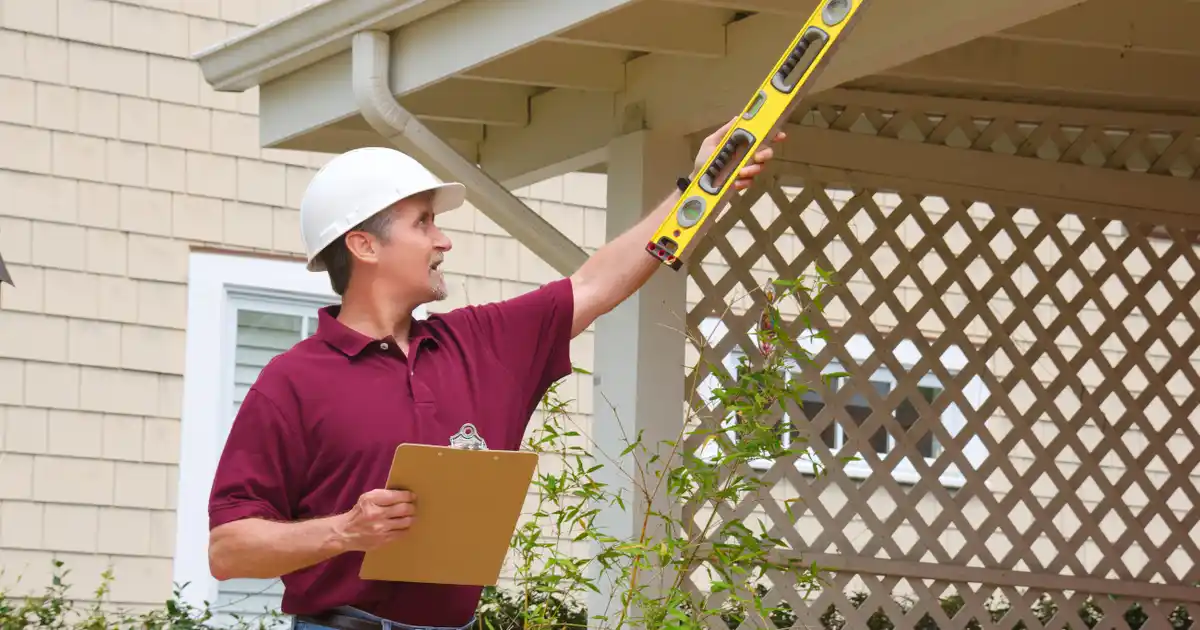 Shutterstock: Michael O’Keene
Shutterstock: Michael O’KeeneEven Bad News Is Good News
An inspector’s report provides you with a thorough look at the structural integrity of a home. If there are any problematic findings, the inspector will share his or her concerns. This information can help you gain a better understanding of the money and effort it will take to upkeep the property.
Whether a house inspection gives you good or bad news, it’s ultimately good news. Knowing about a home’s flaws can help you renegotiate for a lower price, or create a stipulation that the seller must fix the issue. If the seller doesn’t wish to renegotiate, you can walk away from the sale without penalty.
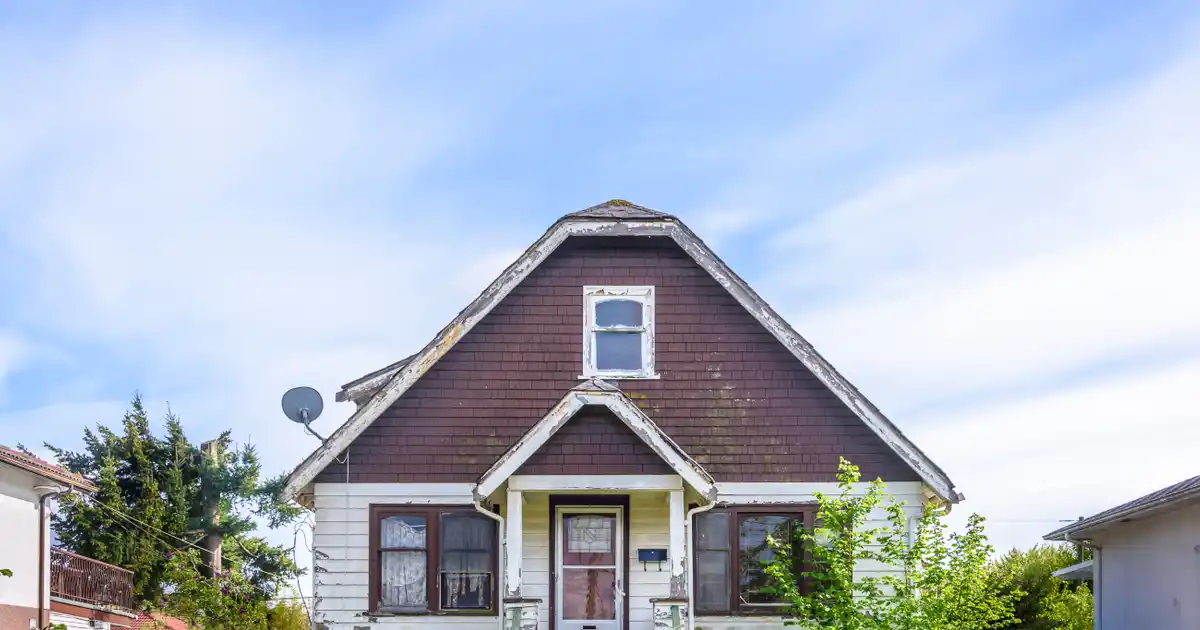 Shutterstock: karamysh
Shutterstock: karamyshThe Cost Of A Home Inspection
The price of a common house inspection is minimal, given the financial liabilities a report can reveal. Home inspections can range between $200 and $500; however, on average, they cost $340. This is an optional expense which is typically not included in closing costs.
The price of a home inspection is largely dictated by the size of the home. Many professional inspectors charge by square footage to account for how much time and effort an inspection will require.
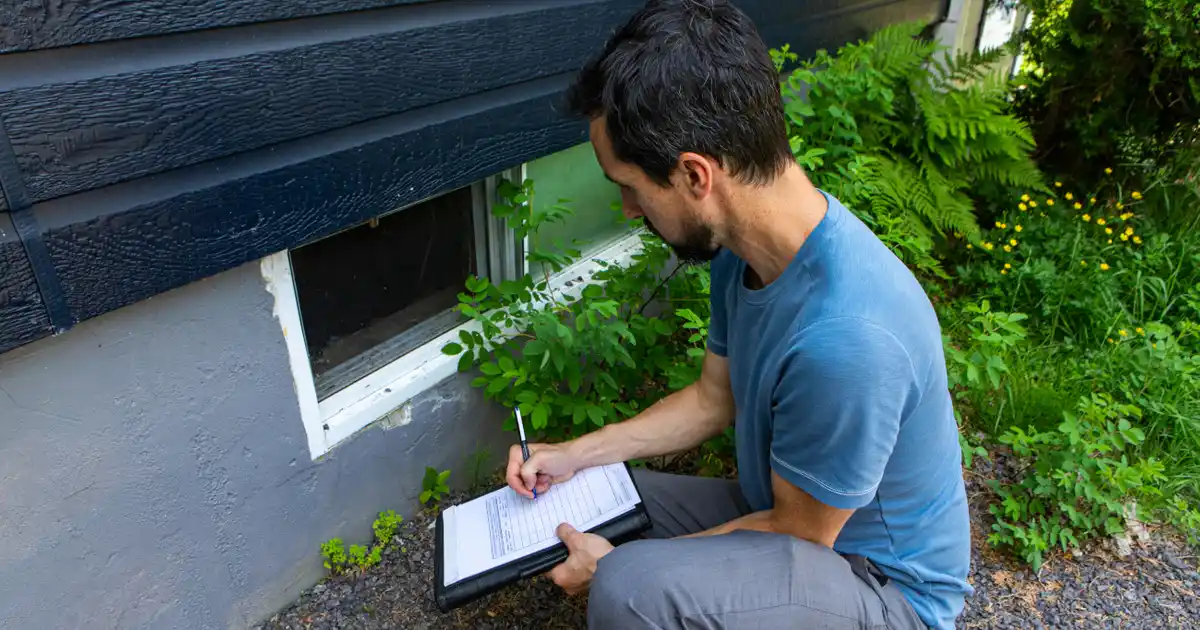 Shutterstock: Valmedia
Shutterstock: ValmediaPrice By Square Footage
An inspection for a house that is 1,000 square feet or less can cost around $242. Houses closer to 2,000 square feet can cost around $290 to inspect, while houses in the 3,000 square-foot range can cost about $323. Finally, multi-family houses that are larger than 4,000 square feet can cost over $420 to service.
Keep in mind that inspectors often charge for the square footage of basement and attic areas. If these spaces aren’t represented on the stated square footage of the home, you may end up paying more than you expected. It’s a good idea to ask how your home inspector defines total square footage before you get started.
 Shutterstock
ShutterstockAdditional Cost Factors
The price of a home inspection also depends on the age of the house. Inspectors are well-versed in the quirks and hazards of older homes, but they can take longer to investigate. The ventilation and piping on older houses might require more attention and be harder to access.
A home’s layout can also contribute to whether an inspection is more or less expensive. Modern homes with open-concept layouts tend to cost less to inspect, whereas older homes with crawl spaces cost more.
Previous renovations can also create headaches for inspectors. Unique problems can arise if separate additions to the home were built to different codes, or the electrical system has faulty wiring.
Finally, you can expect a lengthier and more costly inspection if the home has distinct features. A septic system, a swimming pool, significant tree umbrage, or grade sloping toward the home will need special attention.
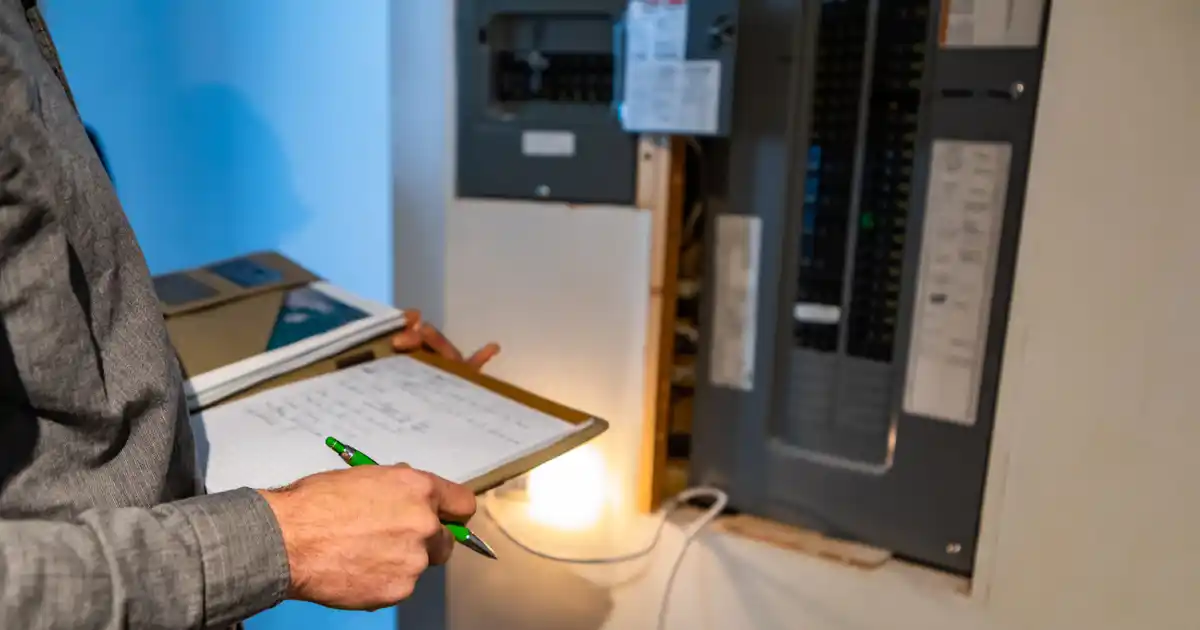 Shutterstock: Valmedia
Shutterstock: ValmediaWhat Does It Not Cover?
A common home inspection does not cover structures on the property which surround the house. Any pool houses, sheds, or outbuildings (for electricity or plumbing) will require additional inspections. Likewise, mold, carbon monoxide, and radon testing are special inspections.
Whether you’re a prospective buyer or a homeowner who needs peace of mind, a special inspection can address these concerns. This type of service can focus on particular parts of a home, such as a chimney or roof. Conversely, it can cover testing for a variety of issues, such as termites or lead.
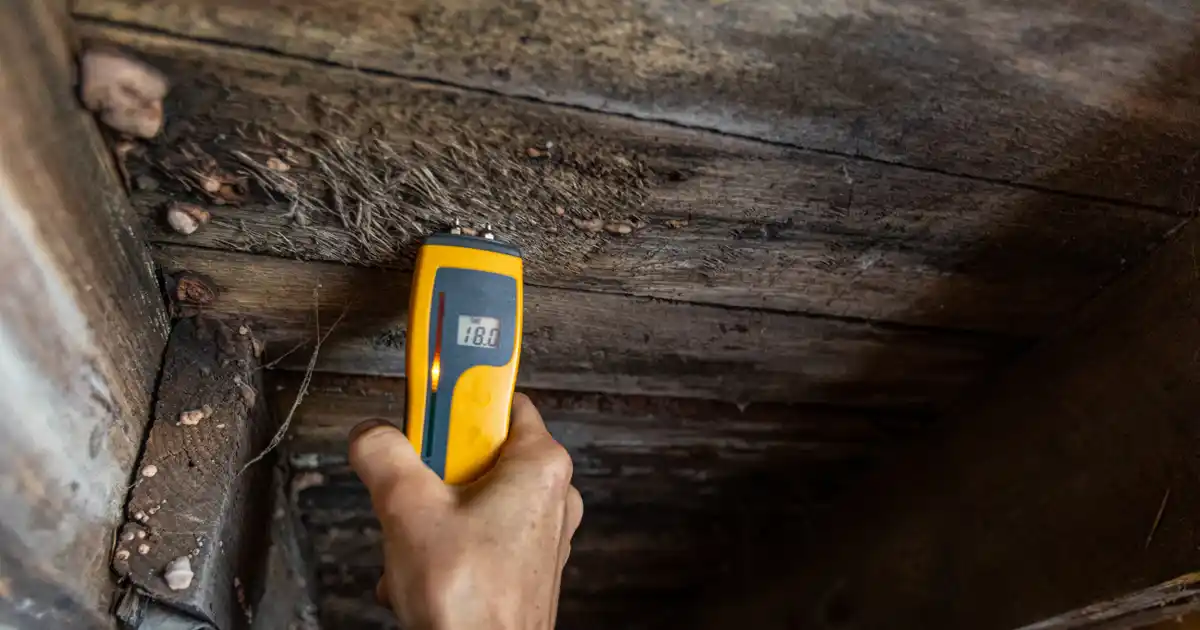 Shutterstock: Valmedia
Shutterstock: ValmediaThe Cost Of Special Inspections
These special inspections can be requested on their own, or in addition to a real estate home inspection. Assessing a property’s foundation can run between $300 and $1,000, while a sewer scope can cost anywhere from $250 to over $1,200!
Testing for toxic or dangerous substances can also be an unpredictable expense. Prices on mold testing are pretty fixed ($275 on average), whereas radon and asbestos testing can range from around $200 to over $700.
It may also be worth paying to have your home inspector return to sign off on repairs. If the seller has agreed to fix certain flaws before the offer goes through, you’ll want a professional to verify that these repairs are genuine. Speak with your inspector about how much this might cost.
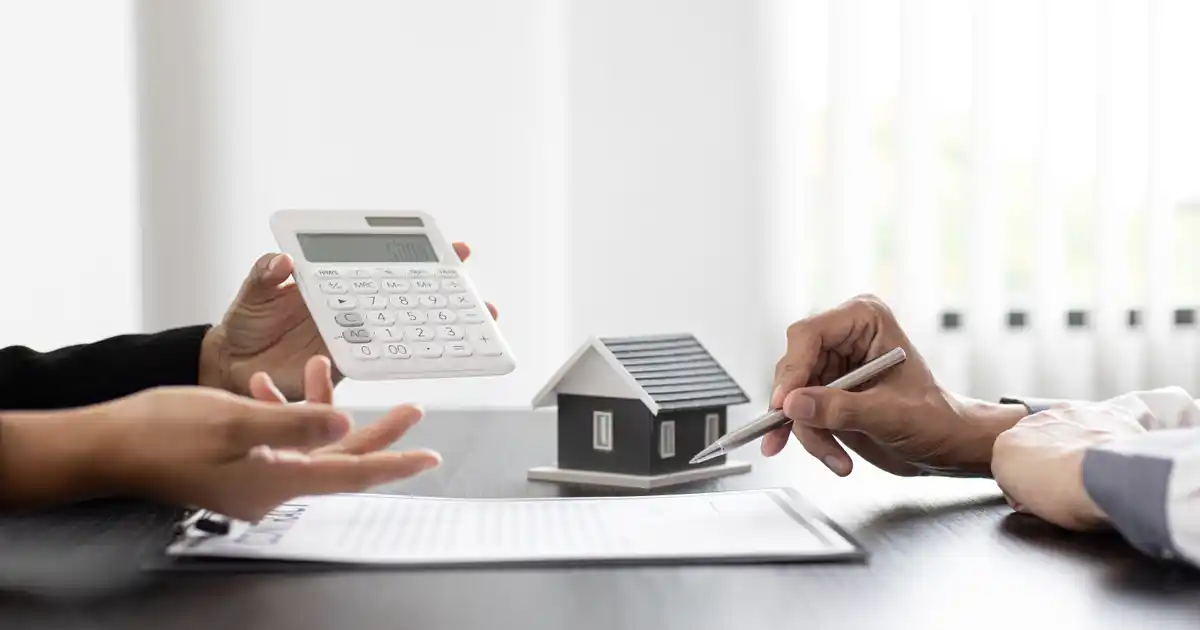 Shutterstock
ShutterstockQualifications Matter
Your inspector’s credentials are the final factor when deciding how much you’ll pay. A cheap inspector may be inexperienced, which can cost you more in the long run if he or she overlooks something important.
Sadly, your home inspector might overlook something regardless of their experience level. It doesn’t mean they’ve done a poor job; rather, the flaw was likely unexpected or well hidden. Welcome to the joys of being a homeowner!
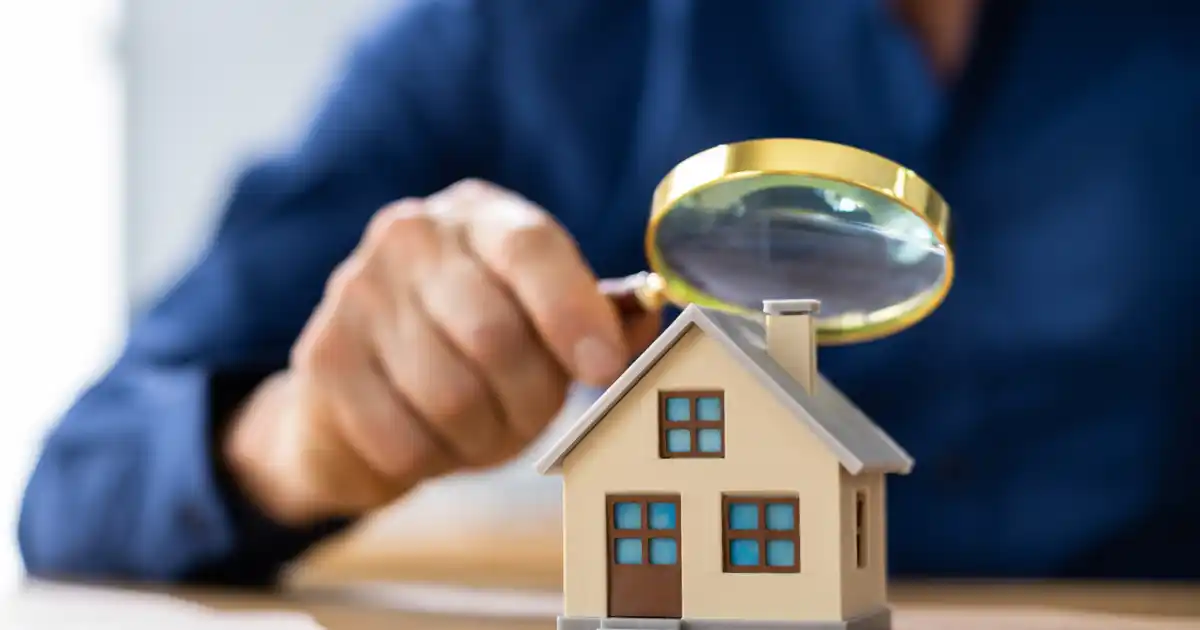 Shutterstock: Andrey_Popov
Shutterstock: Andrey_PopovAvoid Buyer’s Remorse
Inspections may not be required by law but they are a practical service nobody should pass on. Common inspections can prevent new homeowners from experiencing buyer’s remorse. Special inspections, meanwhile, can save long-term homeowners from costly house repairs.
Word of mouth is the best way to find a reputed home inspector, so ask your friends and family who they’ve worked with in the past. If you can’t score a personal reference, a glance online can reveal dozens of home inspectors in your area. Reach out to the best candidate and ask questions. It’s the best way to find the ideal home inspector for your needs.
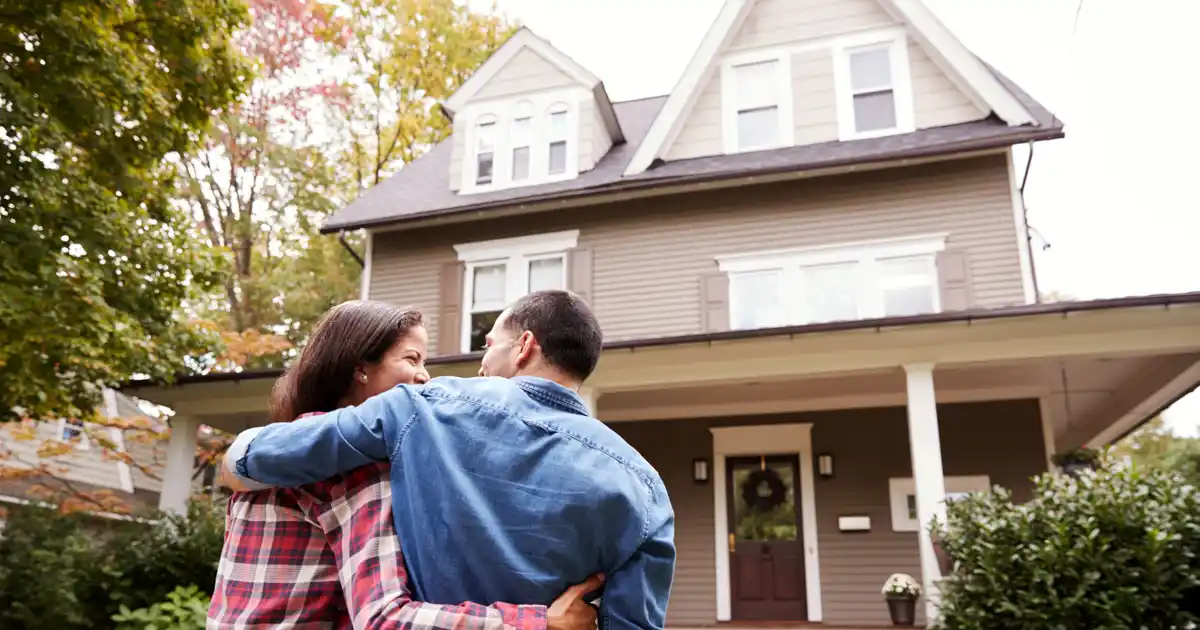 Shutterstock: Monkey Business Images
Shutterstock: Monkey Business Images
